When it comes to meat, change is almost always cast as an absolute. You are a vegetarian or you are not
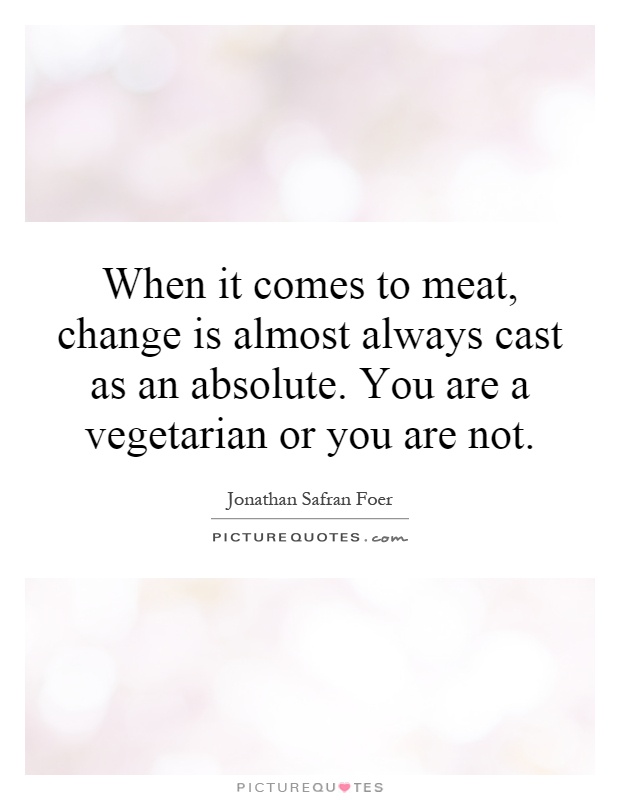
When it comes to meat, change is almost always cast as an absolute. You are a vegetarian or you are not
In his book "Eating Animals," Jonathan Safran Foer explores the complexities of the meat industry and the ethical implications of consuming animal products. One of the key themes that Foer addresses is the idea that when it comes to meat, change is often seen as an all-or-nothing proposition. You are either a vegetarian or you are not, with little room for nuance or flexibility.Foer challenges this binary way of thinking by encouraging readers to consider the many shades of gray that exist when it comes to our relationship with meat. He argues that it is possible to make more ethical choices about what we eat without completely giving up meat altogether. For example, he suggests that consumers can choose to eat less meat, buy from local and sustainable sources, or opt for plant-based alternatives.
By presenting a more nuanced approach to the issue of meat consumption, Foer invites readers to think critically about their food choices and consider the impact that their decisions have on animals, the environment, and their own health. He acknowledges that change is not always easy, and that it may take time to transition to a more ethical diet. However, he also emphasizes that even small changes can make a difference and that every effort to reduce our consumption of animal products is a step in the right direction.
Foer's message is a powerful reminder that change does not have to be all or nothing. It is possible to make incremental progress towards a more sustainable and compassionate food system, and every effort to do so is meaningful. By challenging the idea that vegetarianism is the only ethical choice, Foer encourages readers to think more critically about their food choices and consider the impact that their decisions have on the world around them.

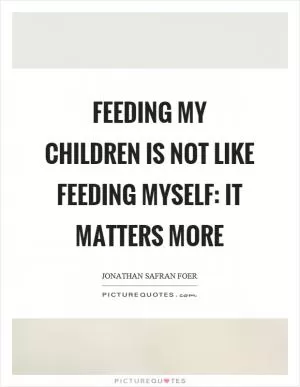


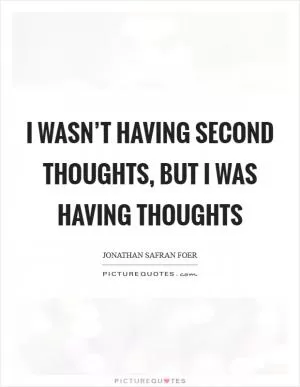

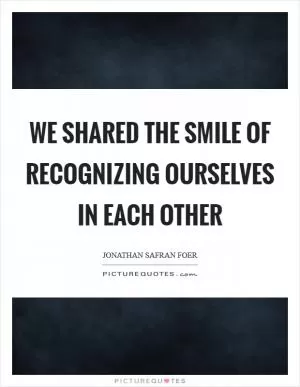
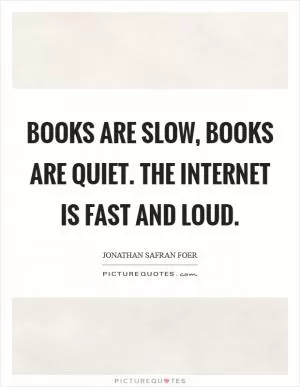
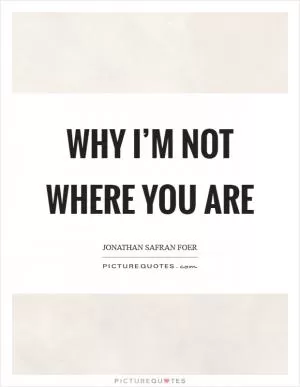



 Friendship Quotes
Friendship Quotes Love Quotes
Love Quotes Life Quotes
Life Quotes Funny Quotes
Funny Quotes Motivational Quotes
Motivational Quotes Inspirational Quotes
Inspirational Quotes